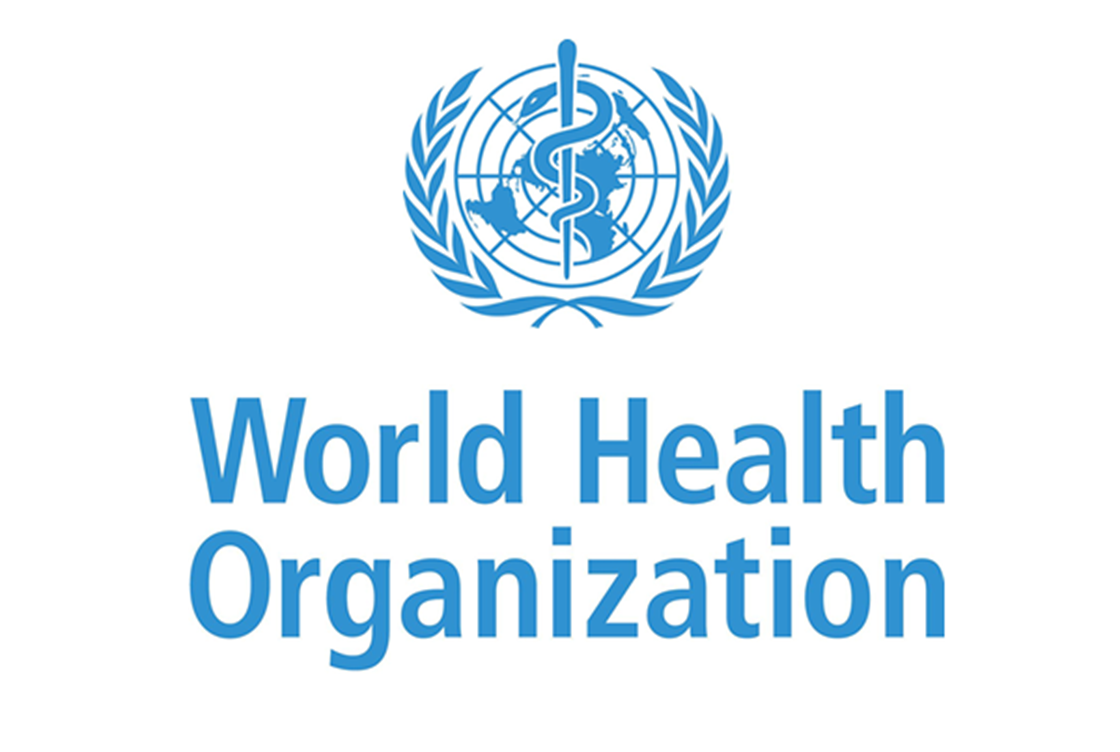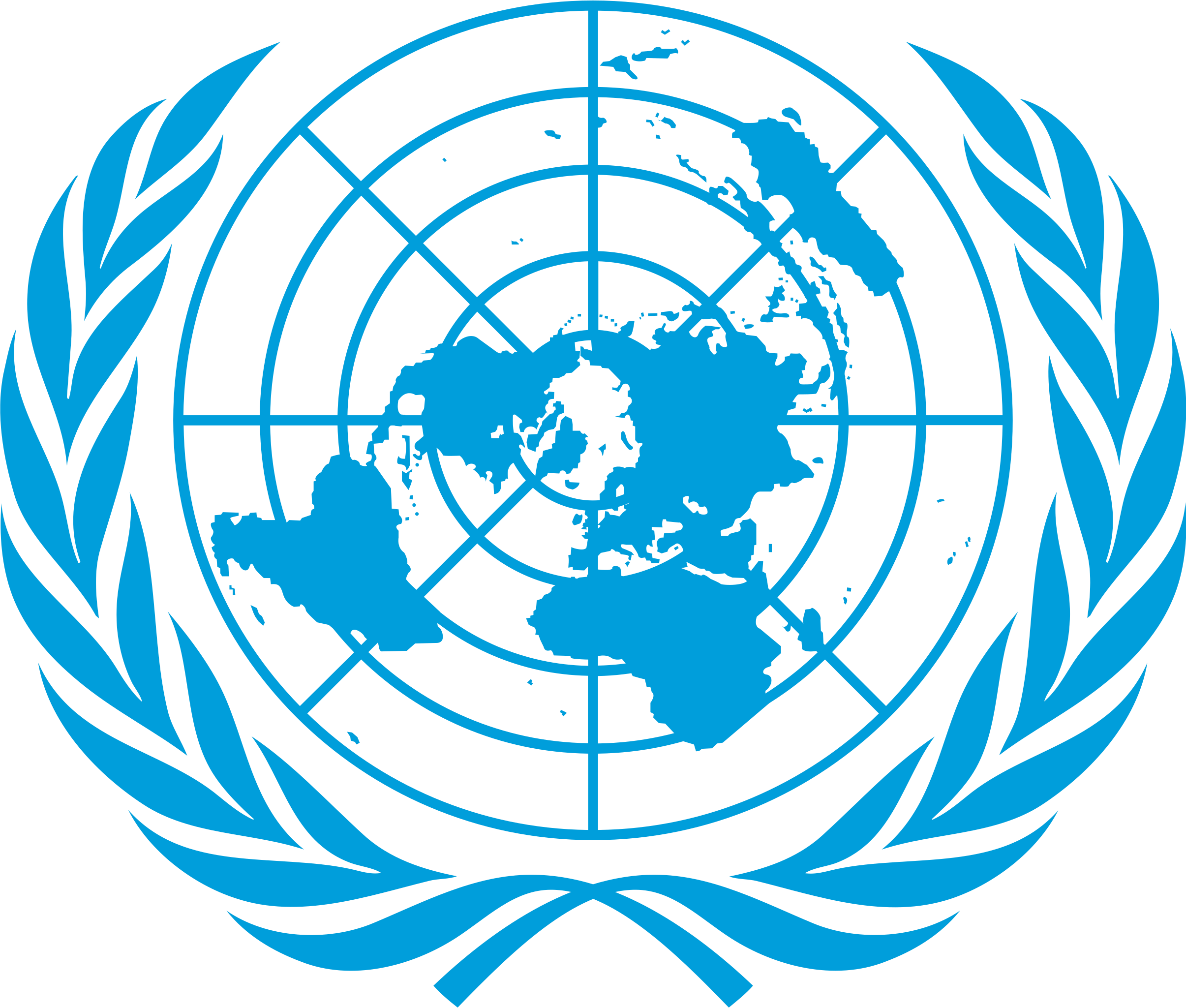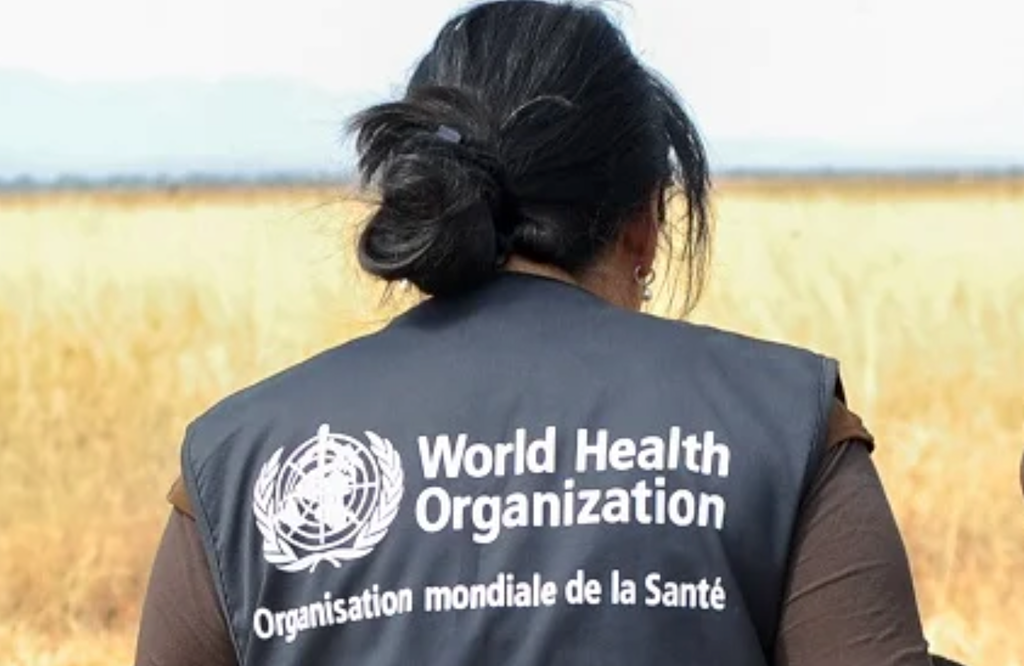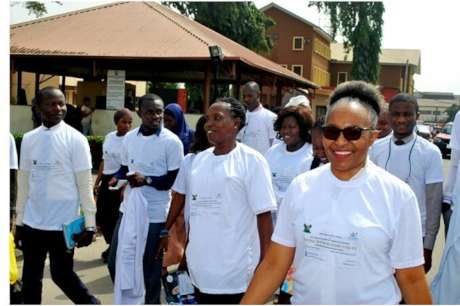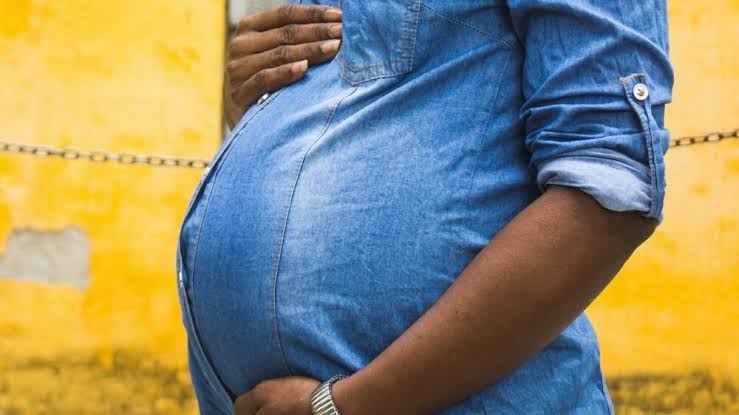The World Health Organisation (WHO) and partners have delivered fuel and other essential supplies to two hospitals in northern and southern Gaza this week.
The UN agency, in a statement on Wednesday, said the teams that undertook the high-risk missions witnessed intense hostilities in their vicinity, as well as high patient loads and overcrowding caused by people seeking refuge.
It said the teams also reported that food needs remained dire across the enclave, which was impacting operations, with hungry people stopping convoys in hopes of finding something to eat.
WHO Director-General, Tedros Ghebreyesus, issued a fresh call for the international community to “take urgent steps to alleviate the grave peril facing the population of Gaza.”
Ghebreyesus also called om the international community to support humanitarian workers.
According to him, personnel visited two hospitals on Tuesday: Al-Shifa in northern Gaza and Al-Amal Palestine Red Crescent Society (PRCS) in the south.
Both hospitals also serve as shelters for people displaced by the ongoing conflict, with 50,000 reported at Al-Shifa and 14,000 at Al-Amal.
At Al-Shifa, WHO delivered fuel to keep essential health services running. Staff also brought medical supplies, alongside UN children’s agency (UNICEF).
In support of NGO partners, the World Central Kitchen, WHO also delivered materials that would support a kitchen at the hospital.
The Gaza Central Drug Store also received medical supplies and would act as a hub for delivery to other hospitals.
Teams that went to Al-Amal saw the aftermath of recent strikes that disabled the hospital’s radio tower and impacted the central ambulance dispatch system for the entire Khan Younis area, affecting more than 1.5 million people.
Only five out of nine ambulances the hospital once had are now functioning.
WHO staff reported that it was impossible to walk inside the hospital without stepping over patients and people seeking refuge.
“Furthermore, only a few functioning toilets are available in the hospital, adjacent community buildings and PRCS training centres.
“As they were transiting across Gaza, staff witnessed tens of thousands of people fleeing heavy strikes in the Khan Younis and Middle Area on foot, on donkeys, or in cars.
“Make-shift shelters were being built along the road,” said the UN agency.
WHO feared this new displacement will further strain health facilities in the south, which are already struggling to meet the immense needs.
“This forced mass movement of people will also lead to more overcrowding, increased risk of infectious diseases, and make it even harder to deliver humanitarian aid,” said Dr Rik Peeperkorn, Representative for the West Bank and Gaza.
Latest WHO assessments show that Gaza currently has 13 partially functioning hospitals and two minimally functioning ones, while 21 are not functioning at all.
Facilities include Nasser Medical Complex, the most important referral hospital in southern Gaza, which is partially functioning, and recent reports of nearby residential areas being ordered to evacuate are extremely concerning.
WHO said its ability to supply medicines and fuel to hospitals is being increasingly constrained by the hunger and desperation of people both on the way to hospitals, and inside them.
Peeperkorn stressed that the safety of WHO staff and continuity of operations depended on more food arriving in all of Gaza, immediately.
“The recent United Nations Security Council resolution appeared to provide hope of an improvement in humanitarian aid distribution within Gaza.
“However, based on WHO eyewitness accounts on the ground, the resolution is tragically yet to have an impact.
“What we urgently need, right now, is a ceasefire to spare civilians from further violence and begin the long road towards reconstruction and peace,” he said.


